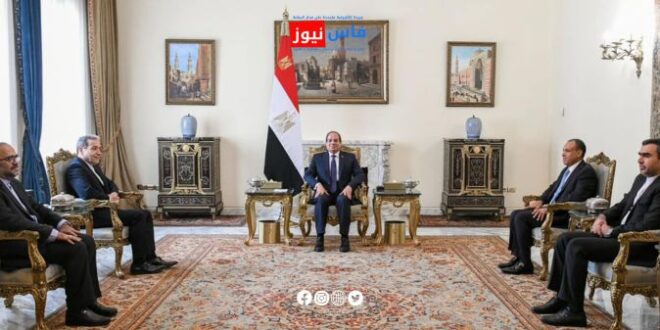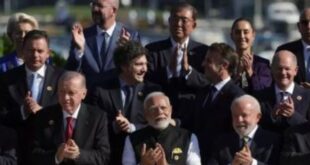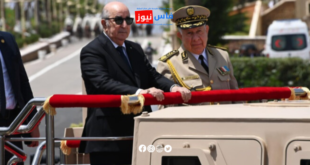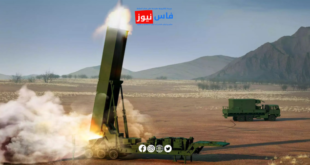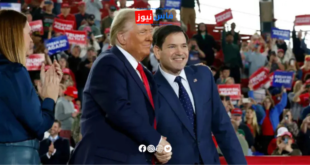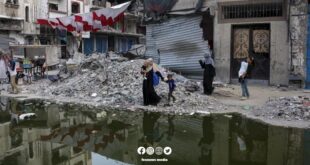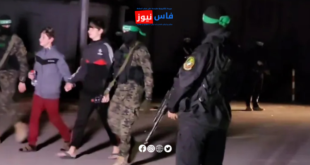Cairo – In a rare meeting between a high-ranking Iranian official and the Egyptian President, Iranian Foreign Minister Abbas Araghchi met with President Abdel Fattah el-Sisi on Thursday in Cairo, where both parties called for easing tensions in the region.
This visit marks the first by an Iranian official of this level to Egypt since 2013 and comes at a time when Tehran is intensifying its diplomatic efforts to reduce regional tensions, especially following the Iranian strikes against Israel on October 1st, which have raised fears of potential retaliation.
According to a statement issued by the Egyptian presidency, the two leaders discussed “the need to stop regional escalation” and “strengthen efforts for a ceasefire in Gaza and Lebanon.” For its part, the official Iranian news agency reported that Sisi and Araghchi “agreed on the urgency of intensifying efforts to stop the crimes in Gaza and the aggression against Lebanon, assist the displaced, and prevent the expansion of the Zionist regime’s warmongering policy,” referring to Israel.
This meeting comes in the context of the gradual rapprochement between Tehran and Cairo in recent years, with increased diplomatic exchanges since the beginning of the war in Gaza. Egypt has historically played a key role as a mediator between Israeli and Palestinian officials, including the Iranian-backed Hamas movement.
It’s worth noting that Iran launched 200 missiles at Israel on October 1st, including hypersonic missiles for the first time, in response to the assassination of the former Hamas leader in Tehran in July, which Iran attributed to Israel, as well as the killing of an Iranian general in a strike on Lebanon and Hassan Nasrallah, who led Lebanese Hezbollah for more than 30 years.
Araghchi’s visit to Egypt is part of a series of recent diplomatic initiatives, having visited Lebanon, Syria, Saudi Arabia, Qatar, Iraq, Oman, and Jordan. The Iranian minister is scheduled to travel to Turkey after his visit to Egypt.
These diplomatic moves highlight the efforts being made to de-escalate tensions in the region amid fears of conflict escalation, especially with the ongoing war in Gaza and its extension to Lebanon.
 فاس نيوز ميديا جريدة الكترونية جهوية تعنى بشؤون و أخبار جهة فاس مكناس – متجددة على مدار الساعة
فاس نيوز ميديا جريدة الكترونية جهوية تعنى بشؤون و أخبار جهة فاس مكناس – متجددة على مدار الساعة

